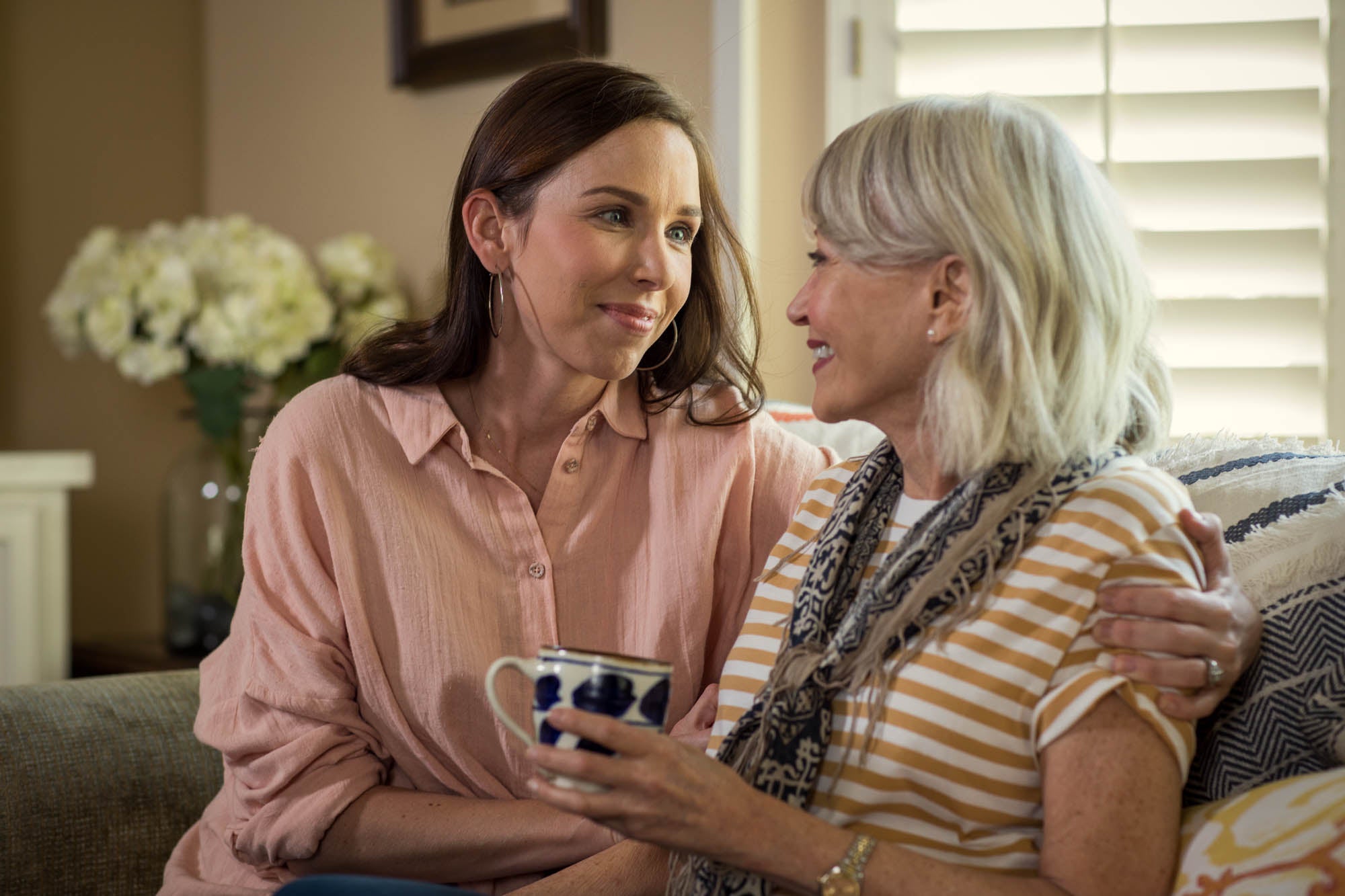I’m guessing you’ve never heard of Jeanne Louise Calment. I hadn’t either until a couple of years ago when I learned about her in one of my aging studies classes. Jeanne Louise Calment was born on February 21, 1875. She died on August 4, 1997. Neither of those dates is a typo. She lived for 122 years, and it wasn’t until she was 110 that she had to give up living independently and moved into a senior living facility. She lived a healthy life until she died.
There’s no way to account for why she lived so long. However, there are several factors that Gerontologists have cited. For one, she was a woman of faith. She began each morning with prayers. It’s been established that older adults who are believers tend to age well. Also, she moved or exercised regularly each day. And finally, she ate about 1 kilogram of chocolate, 2.2 pounds, each week. And that’s what this blog is about-how chocolate (in moderation) and other entities called antioxidants can have a positive impact on our aging bodies and brains. Here’s the catch, at least for me: it has to be dark chocolate. I say that with great regret. I love milk chocolate, which has no known benefit to our aging selves (unless we need to put on some pounds). And I flat out don’t like dark chocolate.
There is a devious entity that lives in our bodies called free radicals. Here’s the science, as much as I can understand it (which isn’t much, sorry): free radicals are molecules with a free electron which can attach to cells and damage them. For example, some free radicals damage cellular DNA. They do bad things to our bodies, especially those of us who are older adults. What does dark chocolate have to do with this? Dark chocolate is jammed packed with the antioxidants above, which are sometimes called “free radical scavengers.” They attack and destroy free radicals and therefore protect our aging selves. For example, antioxidants increase the blood supply to our brains, which helps to preserve the neural connectors, which are essential for our brains to function. Some antioxidants studies conclude that they have a role in maintaining working memory and improving clear thinking and our ability to focus. This is especially important as we age when our brains are vulnerable to the onset of dementia.
Dark chocolate is not the only antioxidant. But it’s probably the tastiest (again, if you like dark chocolate). Pecans are pretty delicious, and they qualify. Blueberries, raspberries, and strawberries are also munchable foods that are high in antioxidants.
Then there are vegetables, including beans, spinach, red cabbage, beets, artichokes, and kale. Now, I like vegetables a lot, but if you’ve ever had kale salad (as I did once), you might not want to have it again. However, kale is about the best green vegetable that you can include if you’re making soup, as you can cook it for hours, and it’s still doesn’t fall apart. I believe that if there ever is a nuclear holocaust, the only survivors will be cockroaches and kale.
There are many different kinds of free radicals and corresponding types of antioxidants to negate their effect. For example, flavonoids assist cardiovascular functioning by lowering blood pressure and arterial plaque. Other antioxidants can help bone health and dental health by destroying the free radicals that can attach to and destroy our bone cells. Still, others can function to lower blood sugar, which aides our bodies’ fight against diabetes. And last but not least, antioxidants do help protect our brains.
Not all antioxidants come from food. Our bodies produce them too. And free radicals can increase from environmental factors such as second-hand smoke and the physiological impact of stress. As we age and become more susceptible to the effects of free radicals, the food we eat can significantly affect our ability to enjoy healthy aging. So, eat chocolate, but follow Jeanne Louise Calment’s example, and exercise and move around every day. Enjoy that dark chocolate, but if you eat a lot of it and gain unwanted weight, you may have to start mixing in kale salads.
This article is intended for general informational and educational purposes only, and should not be construed as financial or tax advice. For more information about whether a reverse mortgage may be right for you, you should consult an independent financial advisor. For tax advice, please consult a tax professional.














I WANT TO KEEP UP TO DATE ON RETIREMENT TRENDS
Follow Us.